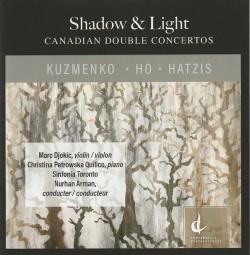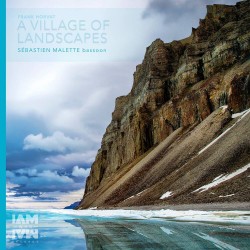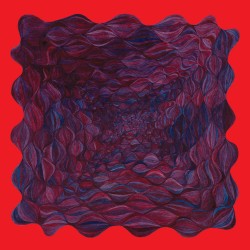Shadow & Light: Canadian Double Concertos - Marc Djokic; Christiana Petrowska Quilico; Sinfonia Toronto; Nurhan Arman
 Shadow & Light – Canadian Double Concertos
Shadow & Light – Canadian Double Concertos
Marc Djokic; Christiana Petrowska Quilico; Sinfonia Toronto; Nurhan Arman
Centrediscs CMCCD 31823 (cmccanada.org/product-category/recordings/centrediscs)
Originating in the early 1700s, during the later portion of the Baroque era, the concerto presented composers of the time with an instrumental compositional structure (a formula if you will) perfectly suited to feature an instrumental soloist. A double concerto, therefore, shines the spotlight equally on two soloists, accompanied by different aggregations, providing composers with another voice of possibility to help realize their creative intentions. How nice then, in our time of near constant and rapid change, that this formula is still meaningful and relevant, particularly so in the capable compositional hands of Alice Ping Yee Ho, Christos Hatzis and Larysa Kuzmenko.
Writing for the pairing of violin and piano (the dependably terrific Christina Petrowska Quilico and violinist Marc Djokic backed capably by Sinfonia Toronto under the direction of conductor Nurhan Arman), the aforementioned compositional triumvirate bring Shadow & Light to life with influences ranging from Felix Mendelssohn and Johannes Brahms, to Hitchcock foil Bernard Herrmann and the author Jules Verne. If the range of this description sounds expansive and beyond categorization, that’s because it is! The result, released on Centrediscs and supported by any number of Canadian arts-based granting agencies, is a truly post-modern affair that plays in the margins that lie between the binary of the traditional double-concerto form and a set of influences that escape categorization. Whatever the conceit, the result is a satisfying and extremely fine recording that expands the canon of both Canadian composition and the rare double-concerto pairing of violin and piano for future repertoire consideration.







